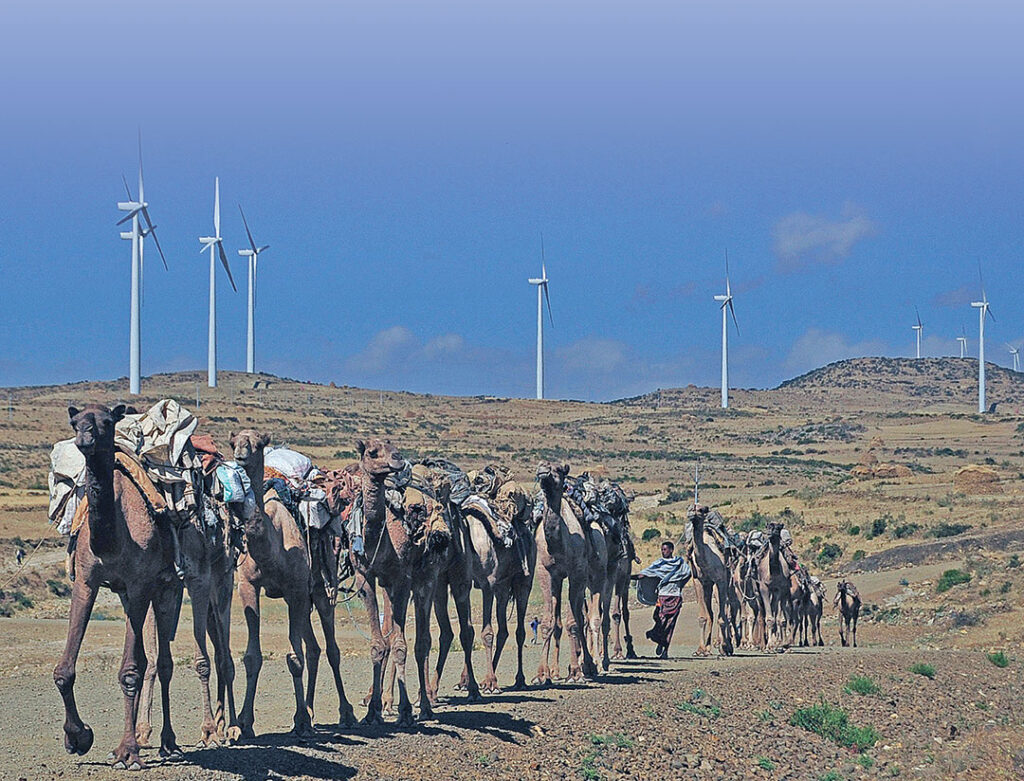World Bank
Making use of vast energy potential such as solar, wind and geothermal, and a grid that is nearly 100% supplied by renewable sources, Ethiopia is undertaking an ambitious project to achieve universal electricity access by 2025.
In fact, not only is Ethiopia emerging as a role model for energy development in Sub-Saharan Africa, it is doing so while spearheading innovations on gender equality.
In 2018, the Ethiopian Electric Utility decided to ensure that women are better represented in what has been an overwhelmingly male-dominated sector. In 2020, women represent 20% of the utility’s workforce. The utility wants that figure to reach 30% within five years and has a long-term vision of achieving gender equality across the institution.
“Women make up 50% of society,” said CEO Ato Shiferaw Telila. “For our utility to be effective in its corporate objective, we need to create an enabling environment for both men and women.”
The utility has allocated $4.5 million to closing gender gaps and citizen engagement. Its approach started with developing a pipeline of future workers. It has signed a unique partnership with the Ministry of Science and Higher Education and 12 Ethiopian universities to provide courses in science, technology, engineering and mathematics to help female staffers match male employees in education so they can advance their careers in the energy sector.
The utility is now offering full scholarships for female staffers to get a master’s degree or to gain technical training. Work also is ongoing to investigate barriers — such as hostile study environments for women and limited professional networks — to navigating the school-to-work transition.
Engineering student Dagmawit Alemayehu said opportunities are opening up despite challenging circumstances. “I have to work extra hard because, as a woman, the first thing they see when they look at me is: She’s not supposed to be here,” Dagmawit said. “But now there are scholarships for women, and some courses are provided for free for female students. I feel like things are getting better.”
The utility also has developed leadership training for its female employees to ensure that women do not get stuck in junior roles. It also has set out to make its working environment safer for male and female workers by developing a gender-based violence policy and a code of conduct that makes it clear that sexual harassment is not accepted.

